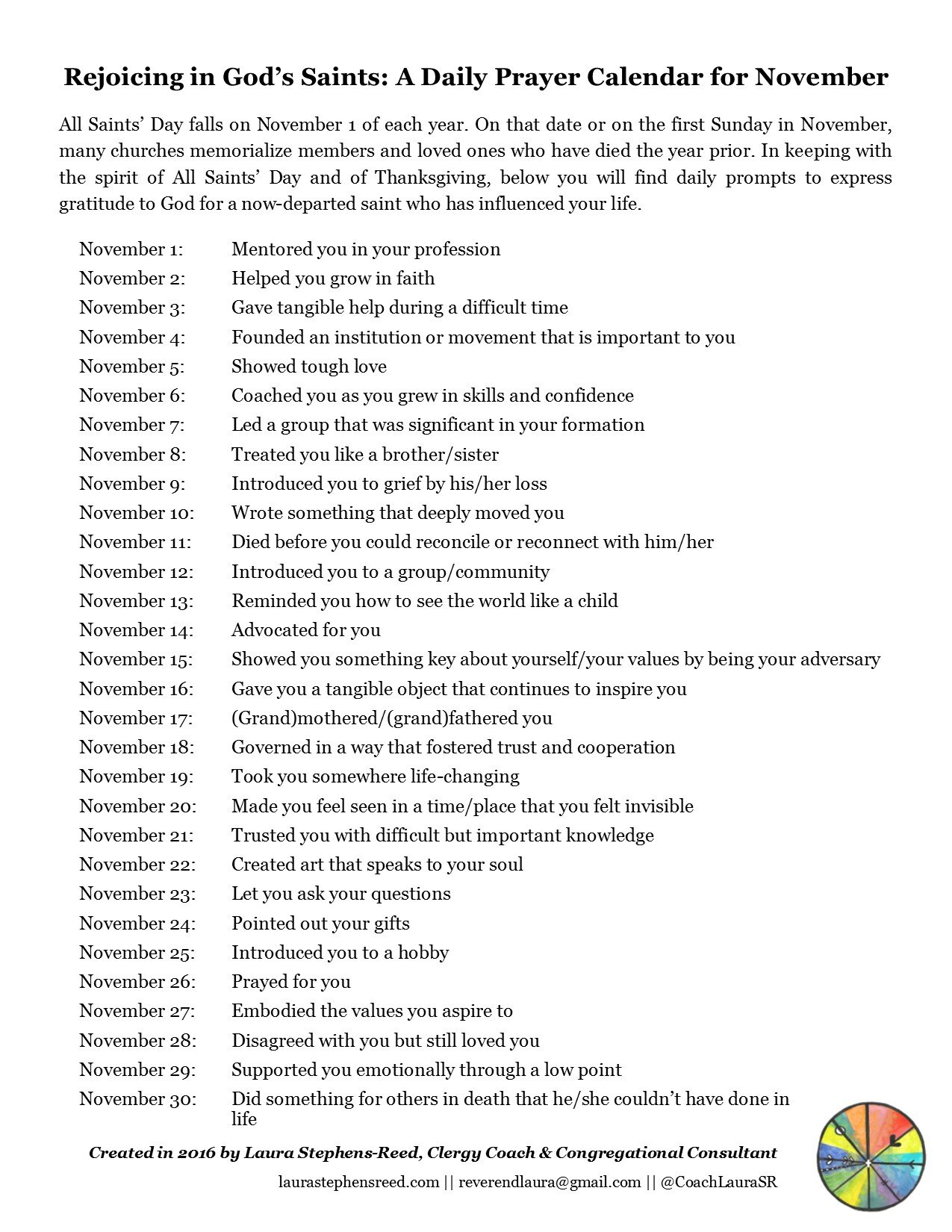Last year Advent and Christmas looked different than before for churches that took Covid seriously. In some contexts, worship was online only. In others, max capacity was set by guidelines from the CDC rather than the fire marshal. Masking and physical distancing were required. Musical offerings - often a key aspect of holy observances - were limited. Fewer non-worship seasonal activities such as Advent fairs and Sunday School parties felt safe to schedule. It was really hard to restrict our traditions, our interactions with others, our bodily presences, in this way. It wasn’t how any pastor or layperson would prefer to experience December. But we did it, even if sometimes grumbling or lamenting, for the good of our neighbors. The promise of vaccines in early 2021, along with the Advent message of hope even in perilous times, pulled us through.
Here we are a year later, now confronted with a hope that is much more complicated. Many of us have been vaccinated and even boosted, a true miracle born of the wisdom and abilities God gave scientists. But enough people here in North America decline to get vaccinated and/or to take continued precautions against Covid such that the pandemic is still very much with us. And while some locations have weathered the Delta surge, we are all now staring down the barrel of Omicron. The TBD impact of this variant and the resulting ambiguity around how many precautions we still need to take at church are making this December a moving target for planning.
The threat of the virus itself is just one of many factors making pastoral leadership particularly difficult right now. Parishioners are understandably tired of - and thus lax about - masking and distancing. One pandemic year might not have dinged giving much, but in year two there are big concerns about budgets. Formerly stalwart members have ghosted their churches to go elsewhere or nowhere. Congregations who hoped to bounce back to what church looked like pre-Covid are uneasy with changes based on pandemic gleanings (or necessities). Because of these realities, even some of the wise, steady presences in congregations have begun to complain about unfixable situations and to open doors to conflict. Meanwhile, pastors’ work continues to be as much or more about technology and ever-changing decisions regarding what is safe to do as it is about worship content, formation, and community engagement, deferring their return to the heart of the work they have been called and gifted to do.
I hear all of these factors weighing heavily on many of the clergy I coach, and together they are pushing some pastors to the point of grief at a time when most of them expect to be buoyed by the energy of the season. On top of ministers’ vocational grief, there is the personal grief all of us share. We have been deprived to some extent of the connection for which we are built. We have missed so much of what we looked forward to the past two years. We have been pushed to the brink by worry about health and finances, by additional caregiving responsibilities, by the pandemic (and everything else) being politicized and weaponized.
I see you, pastors. You are faithful, creative, tenacious, and compassionate. Many of you are also so tired in body and soul. Please be gentle with yourselves. Find your appropriate outlets for blowing off steam. Make sure you’re getting enough movement and sunlight and nourishment. Know whom you can lean on for helpful support. Plan for time away. Ask for what you need. And, if all of this is not enough to sustain you physically, emotionally, and spiritually, take your leave (whether for a season or for good) before you are fried. You are serving Jesus’ church, and he lovingly holds it in his hands no matter what role you assume in it. You are God’s beloved, no matter where you work.
The ways that you thoughtfully choose to show up - or not to show up - in this season of holy waiting are helping to midwife a Church that will be more innovative and responsive, that will re-focus us all on God’s priorities and Christ’s love. Advent literally means “coming.” You are the bearers through your presence and your intentional absence not of optimism or toxic positivity but of grounded hope for an emerging time, a new way of being. I am so grateful for who you are.
Photo by K. Mitch Hodge on Unsplash.









